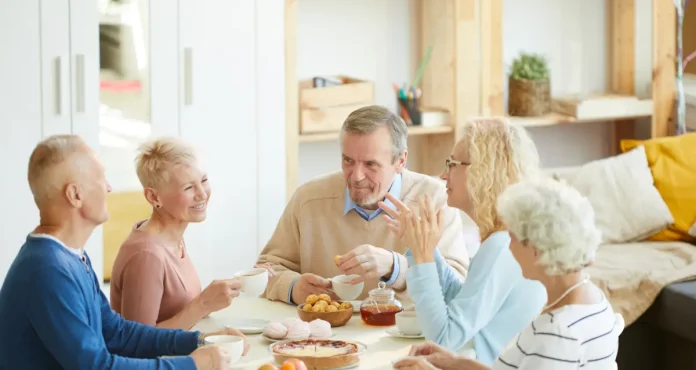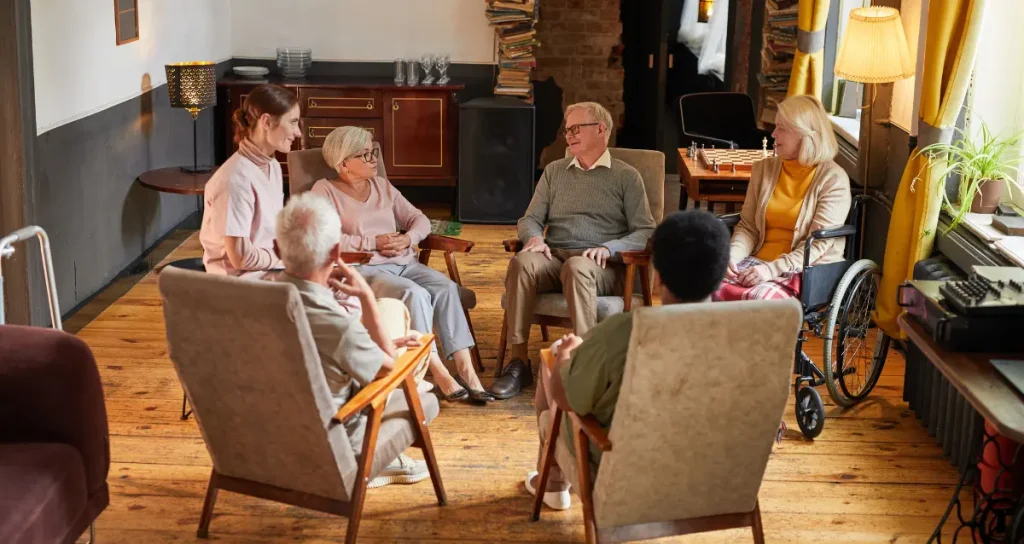
Friendships and social connections are threads that add color, depth, and strength. These connections are not a source of joy for adults living in group homes. They’re vital to health, personal growth, and joining larger communities.
Today, we’re exploring how people in group homes for adults can build meaningful relationships. Read on!
The Importance of Social Connections in Group Home
Living in a group home presents unique challenges and opportunities. Living with others who share similar experiences and challenges is a big opportunity. This common ground can build lasting friendships and a supportive community.
Social connections are crucial for mental and physical health. Studies have shown that strong social ties can:
- increase longevity
- improve mental health
- provide a sense of belonging and purpose
People might be away from their families or dealing with the complexities of adult life. In this setting, these connections become even more critical.
Strategies for Building Friendships in Group Homes
Building friendships in a group home can be challenging, but some strategies can help.
Take Part in Group Activities
Many senior group homes organize activities and outings for residents. Participating in these events is a fantastic way to interact with others. It could be a cooking class, a movie night, or a service project. Shared experiences can break the ice and reveal common interests.
Be Open and Approachable
Building new friendships often starts with being open to the experience. Simple gestures, like smiling and saying hello, can encourage connections. Asking about others’ interests, experiences, and stories. This can deepen these budding relationships.
Create a Welcoming Environment
The environment of a group home is critical. It affects both physical and emotional health. And it plays a significant role in fostering social connections. Creating inviting, comfortable communal spaces encourages residents to spend time together. Promoting kindness, respect, and empathy is key.

Leverage Technology
Today’s technology can be a powerful tool. It helps build and maintain relationships. Encouraging social media, video calls, and messaging apps can help residents stay connected.
They can use them even when they’re apart. Online platforms can also connect you to larger communities. They can help you find people with similar interests.
Encourage Independence and Personal Growth
It’s also important to encourage independence and personal growth. Supporting residents in pursuing their hobbies can create new social opportunities. It also helps individuals build confidence, which is key to forming healthy relationships.
The Role of Staff and Caregivers
Staff and caregivers in group homes play a crucial role. They help to ease social connections, organize activities, welcome environments, and provide support that can affect residents’ social lives.
It is also vital to train staff to recognize signs of loneliness and isolation. They can then encourage residents to participate and interact, ensuring everyone feels included and valued. For more info on group homes for adults, check out this luxury senior living in Glendale.
Understanding the Importance of Group Homes for Adults
Friendships and social connections are essential to the human experience. These relationships offer support, happiness, and community to adults in group homes. Residents can build meaningful connections that enrich their lives by participating in activities. Society now sees mental health’s importance. So, fostering social connections in group homes is more important.
A group home for adults gives people strength and helps them face challenges, celebrate successes, and enjoy life’s richness. Whether you’re a resident, caregiver, or staff member, remember that every interaction is an opportunity to build friendships. In the end, it’s these connections that make a house a home.
For more helpful tips, check out the rest of our site today!
FURTHER READING









